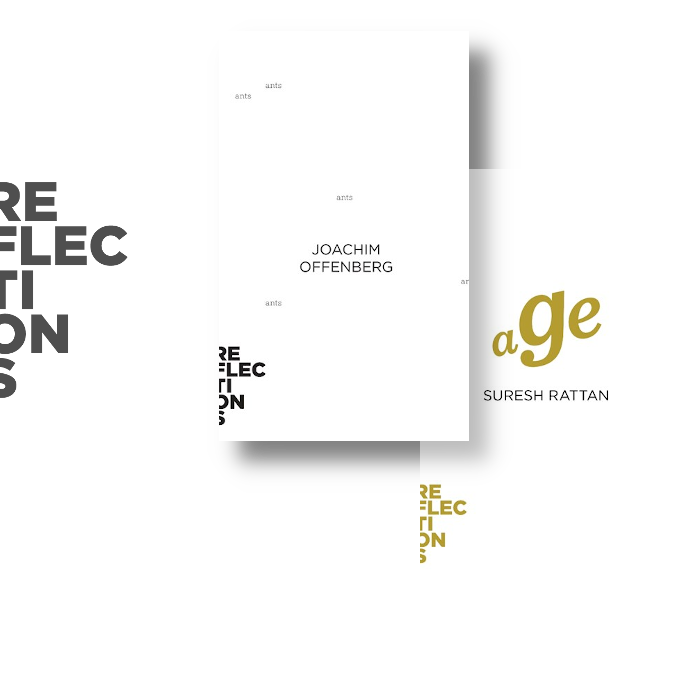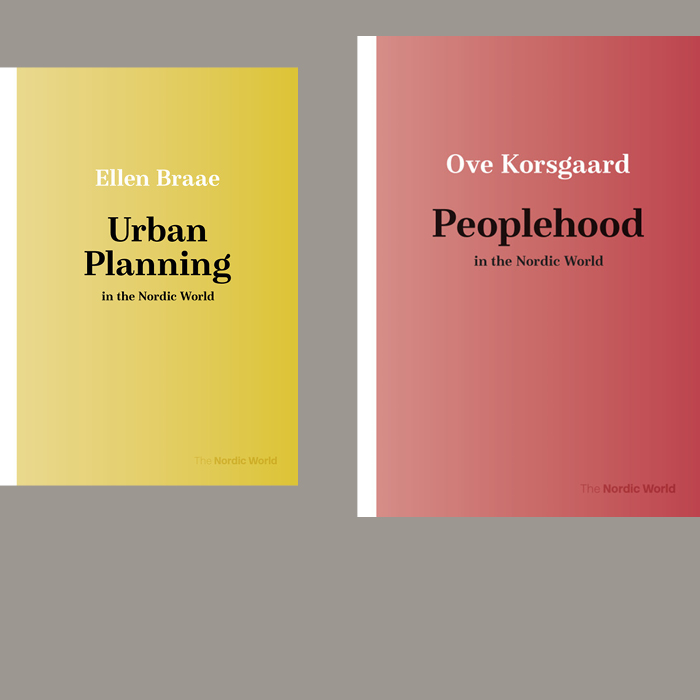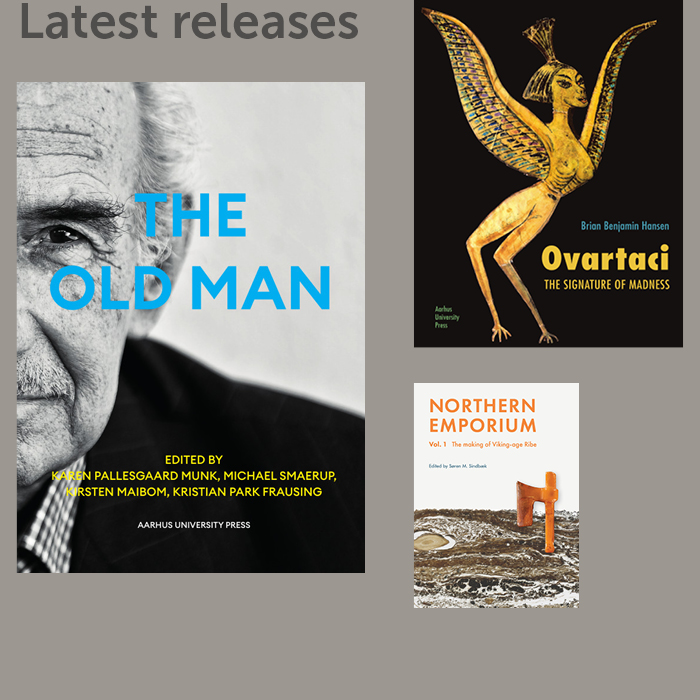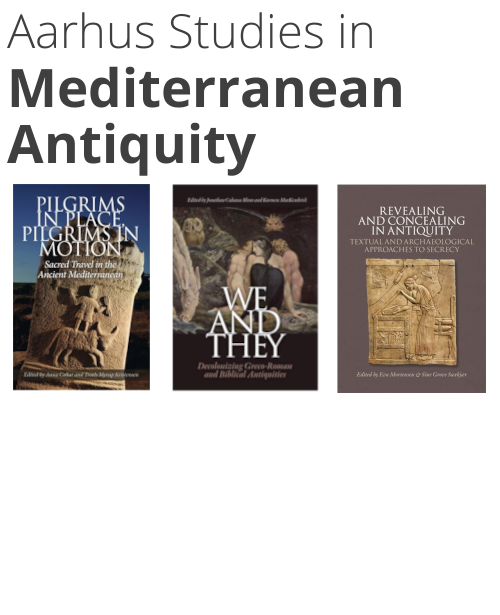
The League of Nations
Perspectives from the Present
A part of the subject area History
Edited by
Haakon A. Ikonomou and
Karen Gram-Skjoldager
With an introduction by
Karen Gram-Skjoldager and
Haakon A. Ikonomou
With a foreword by
Michael Møller
With contributions by
Torsten Kahlert,
Karen Gram-Skjoldager,
Haakon A. Ikonomou,
Marco Moraes,
Myriam Piguet,
Florian Wagner,
Laura Almagor,
Mads Drange,
Søren Friis,
Hagen Schulz-Forberg,
Quincy Cloet,
Tomoko Akami,
Niels Brimnes,
Emil Eiby Seidenfaden,
Helle Strandgaard Jensen,
Nikolai Schulz,
Benjamin Auberer,
Paul Reef,
Marco Ninno and
Patrick Finney
More about the book
About the book
The League of Nations – Perspectives from the Present is an accessible and richly illustrated edited volume displaying a wide variety of cutting-edge research on the many ways the League of Nations shaped its times, and continues to shape our contemporary world. A series of bite-size studies, divided into three thematic parts, investigates how the League affected the world around it and the lives of the people who became part of this ‘first great experiment’ in international organisation. Recent research has reinterpreted the League as a laboratory of global economic, political and humanitarian governance. Expanding on this, the volume aims to show that the League is an ‘academic site’, where international history – as a discipline – has re-invented itself by integrating new approaches from social, cultural and media history. With an introduction by Director-General Michael Møller of the United Nations Organisation in Geneva, this work is a timely reminder of the fragile, varied and enduring history of multilateralism, on the centenary of the signing of the Treaty of Versailles.
“The history of the League of Nations is brief, thrilling and tragic. The first attempt to gather the nations of the world to cooperate peacefully – and the direct forerunner of the United Nations – has a history and legacy that is both complex and of immense importance to our understanding of the contemporary world.”
Mogens Lykketoft, Former President of the United Nations General Assembly
"2019 marks the centenary of that iconic and ill-fated international organization, The League of Nations. As we gear up to learn the lessons of the international past in the context of an anti-internationalist present, this volume offers new insights into the indelible, intersecting multilateralist, internationalist, and national ambitions that make up the League’s history – without lapsing into the trap of either hagiography or ahistorical cynicism. The product of a vast and imaginative research project on the workings of the League as a bureaucracy, this diverse collection of essays encourages us to understand what its editors conclude are the many ways the first global international organization shaped its times and continues to shape our world."
Glenda Sluga, Professor of International History, and ARC Laureate Fellow, University of Sydney
For purchases outside of Denmark:
If you are located in the USA or Canada, please contact our US distributor, Longleaf Services, at orders@longleafservices.org or +1 919-503-6590.
For purchases in all other countries, you can find the title through our global distributor, The Mare Nostrum Group, here: https://mngbookshop.co.uk
Table of contents
Press reviews
Nils Arne Sørensen, historie-online.dk
"Bogen, der fremstår i et meget smukt udstyr med talrige illustrationer, demonstrerer som helhed ikke blot, at Folkeforbundet er bedre end sit gamle rygte. Den viser også særdeles overbevisende, at feltet international eller diplomatisk historie, der traditionelt har været blandt fagets mest konservative, når det gælder teori og metode, har gennemgået en rivende udvikling i de seneste år. Igen og igen i læsningen af de godt 20 bidrag er det tydeligt, hvordan både den kulturelle vending, netværksanalyser og det transnationale blik på afgørende vis har fornyet feltet."
Mogens Lykketoft, Magasinet 360°
"Bogen, en antologi af forskeressays, sammenfatter væsentlige erfaringer fra dette første eksperiment med at skabe en international samarbejdsorganisation: Hvad vi fik overdraget fra erfaringerne dengang, og hvorfor eksperimentet i første omgang reelt kun var vaklende i live gennem to årtier, indtil Anden Verdenskrig knuste alle håbene. […] Bogen er for alle, der vil lære af succes og fiasko i fortidens forsøg på internationalt forpligtende samarbejde.”
Aurora Almada e Santos, H-Diplo
"Comprising an introduction, three parts (each with an introduction), twenty-one chapters, and a concluding essay, the book provides great insights into the League of Nations. It deserves careful attention from readers since it builds on the ongoing trend to approach the organization as a renewed field of study. As stated in the introduction, increasingly the League of Nations has been revisited as a laboratory of early global governance, tracing its legacies to the present. The book adds another contribution to such scholarship, surpassing the binary failure versus success that for a long time prevailed in the studies referring to the organization.
Furthermore, the publication assembles a range of scholars from different geographies. The authors are professors, lecturers, postdoctoral researchers, and PhD students, affiliated with institutions in Denmark, the Netherlands, Germany, Norway, Poland, Australia, and the United Kingdom. Working in the fields of history, political science, transcultural studies, and Jewish studies, a number of them have been focusing on international organizations and the League of Nations for a while. By placing precedence on the value of the League of Nations for the contemporary world, many of these scholars are likely to continue in the future to shape the scholarship on the complex history and legacies of the organization.
Equally relevant, the book is remarkable for bringing together subjects reflecting the extent to which scholarly writing on international organizations has been evolving. Rather than focusing on security issues or great power politics, the chapters place precedence on the league’s inner workings, its civil servants, and such topics as gender, internationalism, empire, and neoliberalism. The book broadens the debate on the league, with some chapters looking at the interplay between international and national dimensions in the interwar period. In a parallel manner, it restores agency to individual players, highlighting the personal trajectories of bureaucrats and activists like Eric Colban, Thanassis Aghnides, and Israel Zangwill.
Other than these aspects, the book deserves our attention for the use of primary sources and visual materials."
Information
Artikel: "Freden, der sluttede den første verdenskrig og gødede jorden for den anden"
28.06.2019
Stiften.dk
Kronik: "Højrepopulismen og Trump udfordrer vores verdensorden"
10.06.2019
Avisen Danmark
Kronik: "100-året for det første forsøg på at holde sammen på verden. En anskudt verdensorden"
10.06.2019
24 Best New International Relations Books To Read In 2019
Press room
I presserummet kan du finde pressemeddelelser og forsidebilleder. Du er altid velkommen til at kontakte os her https://unipress.dk/kontakt/, hvis du mangler andet materiale.




